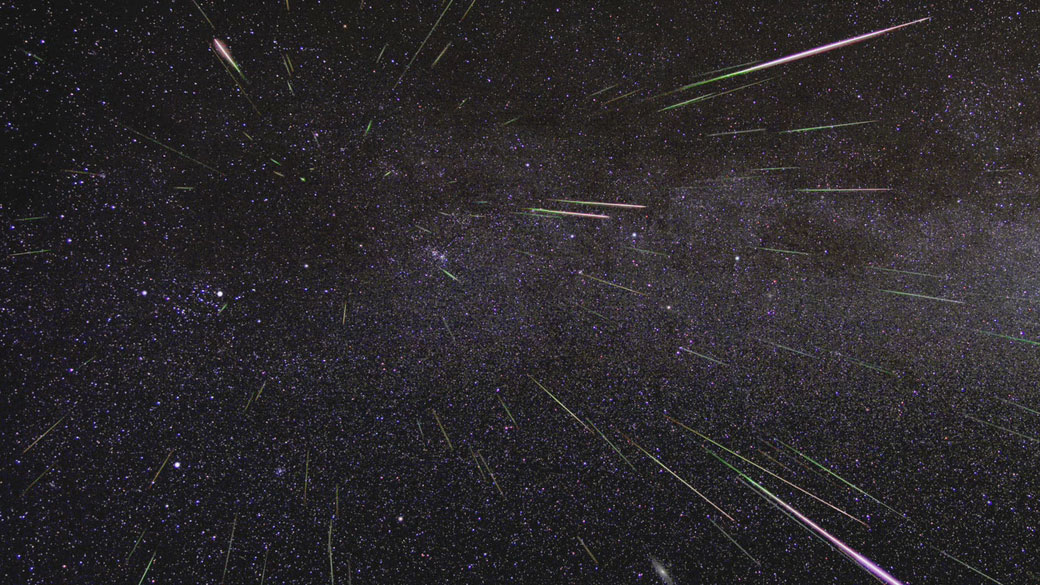The annual Geminid meteor shower — active from Dec. 4 to Dec. 16 — is underway, and you can watch the show.

The Geminids are the year’s best meteor shower, with about 120 meteors per hour on its peak night, which will be the night of December 13 to 14 this year.
READ MORE: Perseid meteor shower: Spectacular photos from peak of natural light show
The best part about this year’s shower, is that the peak occurs just two days after the new moon, which means darker skies and a greater chance to catch fainter meteors.
Typically, the best time to catch meteors is from midnight to the wee hours of the morning. But for this show you can try to head out after 10 p.m. and look to the east. Though the meteors will streak across the sky, the radiant — or the location where the meteors seem to originate from — is in the constellation Gemini (hence, the name).
The location of the Geminid meteor shower
- 2021 heat dome fuelled by climate change, intensified wildfire risk: study
- B.C. introduces legislation recognizing Haida Gwaii Indigenous title
- Whale experts confident B.C. orca calf will survive, find family if rescue plan succeeds
- Chemical plant shuts down after high benzene levels detected near Ontario First Nation
Another great thing about the Geminids is that these meteors tend to be bright, with good colour and often with long trains as they burn up in the upper atmosphere.
The key to improving your chances of catching a meteor is to head out to a dark-sky location. But if you can’t, just try to get yourself away from any bright lights, such as a park or even your backyard. Just remember: the darker, the better. And there’s no need for binoculars. All you have to do is go outside and look up. And though that seems like a simple thing to do, it’s tricky: oftentimes people take their eyes off the sky to talk to someone, but this is the one time you can throw politeness out the window.
Also, remember not to look at your phone: When we’re outside, it takes a long time for our eyes to become dark-adapted (sometimes as long as an hour), which allows us to see fainter objects. But that bright light on your phone will prevent you from seeing faint meteors.
And remember to dress warmly!



Comments